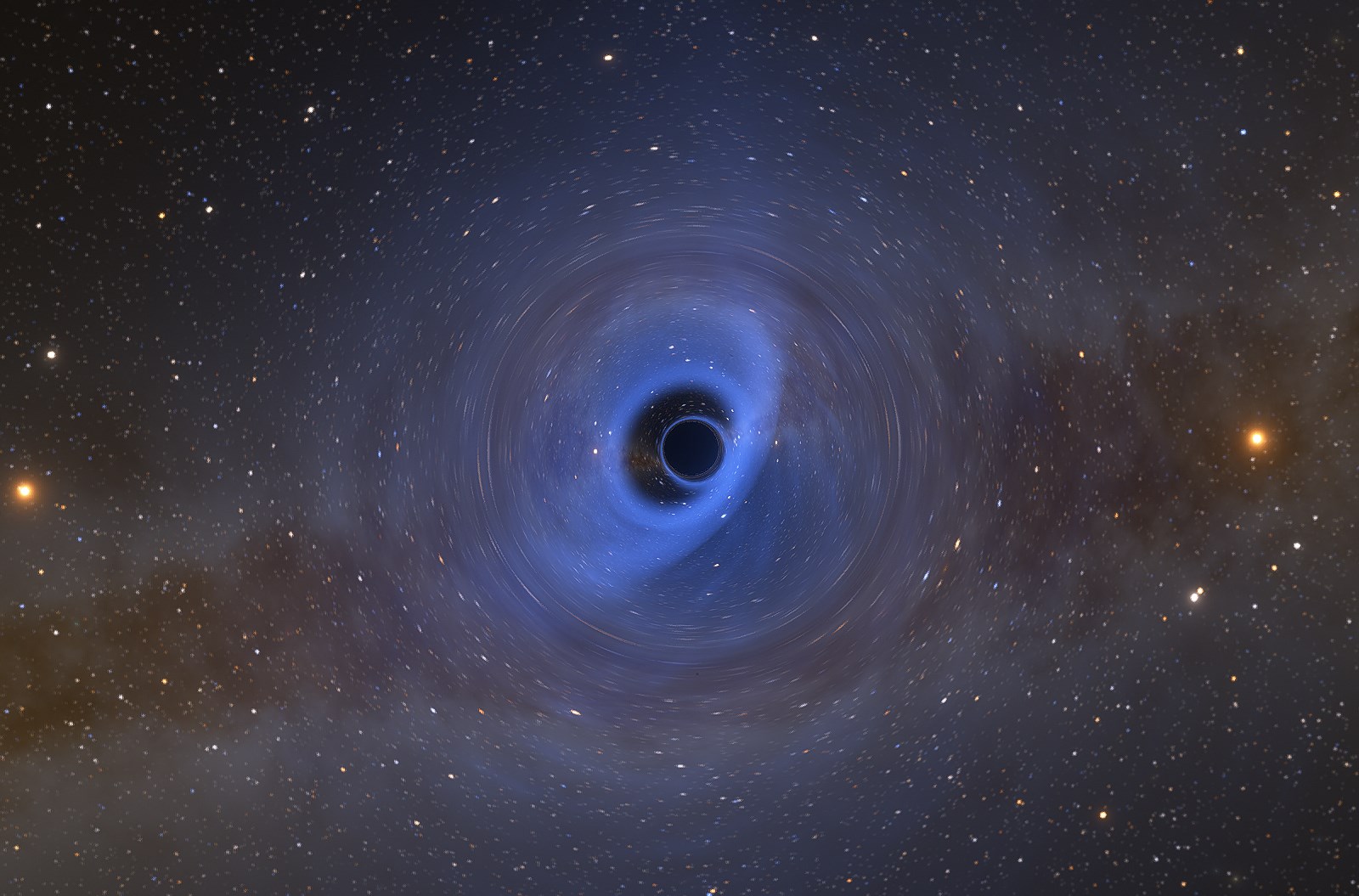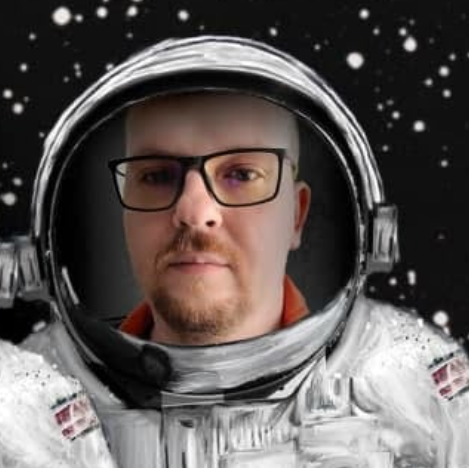A group of astronomers has put forward the theory that primordial black holes (PBHs) may pass near our Solar System, which causes unpredictable changes in the movement of the planets, causing them to “swing” and “sway”. According to this hypothesis, one of these black holes can make its “visits” about once a decade. This interesting hypothesis, revealed in an article that has not yet passed the scientific review selection, attracts the attention of scientists, because they suspect that such objects mainly consist of dark matter — a hypothetical substance that does not interact with light or an electromagnetic field, but is estimated to make up about 27% of the total mass in the universe.

The interest in this hypothesis is due not only to its exoticism, but also to the possible consequences for the movement of planets in our Solar System. Even with reduced sizes, massive primordial black holes can cause instability in the movement of planets. If, for example, such an object passes near a planet, the latter may begin to fluctuate slightly or move unstably along its path, which will lead to changes in the distance between the planet and the Sun over time.
Scientists from the Center for Theoretical Physics at the Massachusetts Institute of Technology, who developed this hypothesis, suggest that even with scanty sizes, these primitive black holes can affect large objects. Their calculations show that fluctuations in the trajectories of planets can range from a few centimeters to several meters, depending on the mass and distance of passage of these black holes. Such huge distances can affect the stability of the planets and their orbits.
According to the journal Live Science, scientists emphasize that this is still only an experimental hypothesis, which requires additional confirmation and detailed study. It is necessary to conduct more accurate simulations of the Solar System, using decades of accurate observations, in order to determine the real impact of such black holes on the movement of planets.
Although this hypothesis may seem fantastic at first glance, it reflects a scientific interest in studying and understanding the impact of exotic objects on the space environment. Scientists are trying to determine exactly what factors can affect the stability of our Solar System and what invisible forces can influence the movement of the planets. This, in turn, can open up new horizons for our understanding of the nature of the universe and its complex interactions.
Earlier, we reported on how the hunt for hidden galaxies of the early universe was launched.
Follow us on Twitter to get the most interesting space news in time
https://twitter.com/ust_magazine


